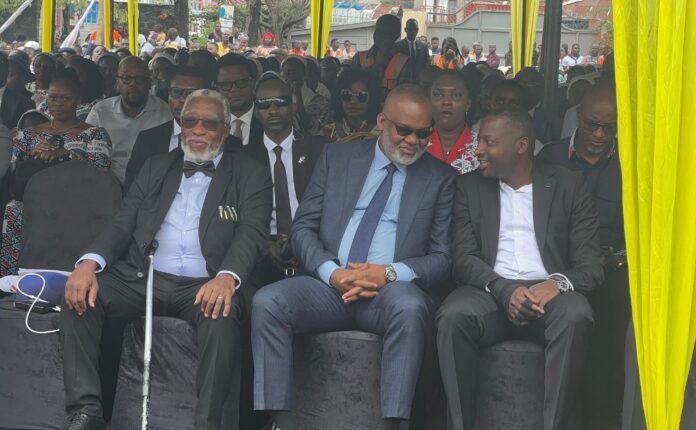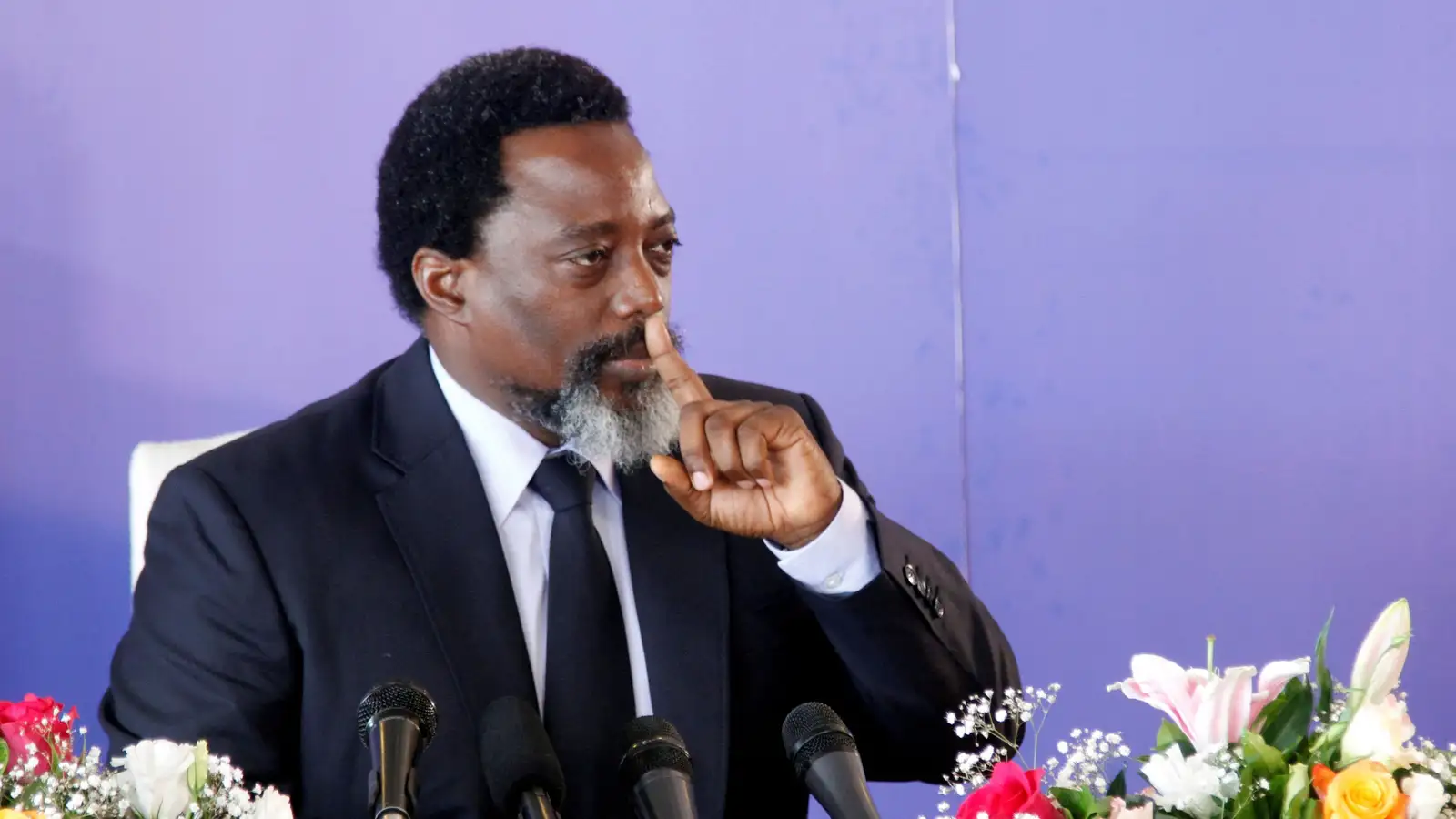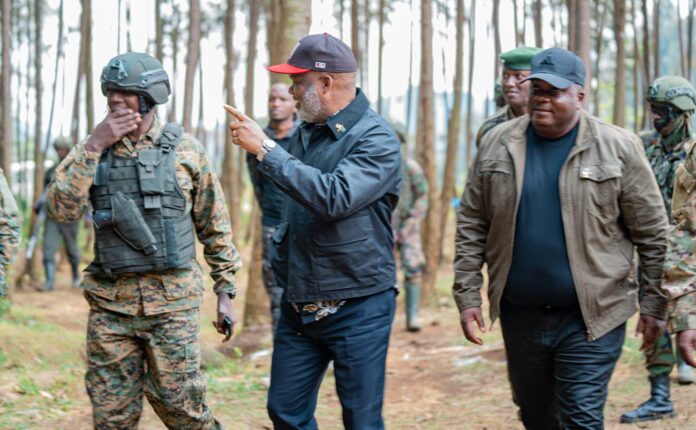Beneath the solemn façade of procedures and the semblance of institutional rigor, a more unsettling reality emerges: a personal confrontation barely concealed by the veneer of officialdom. What should have been a straightforward act of accountability in the name of administrative transparency now resembles a vengeful escalation where thwarted ambitions, longstanding grievances, and strategic maneuvering intertwine.
Note: Company, Blog, Church websites are free.
Behind the stagecraft of a Republic claiming ethical governance lies the true theater of a power struggle between two starkly opposed figures: one, a seasoned prosecutor deeply embedded in the judiciary; the other, a young reformist minister whose agenda, though publicized as progressive, is not without political undertones. Their increasingly pointed exchange has shifted the conflict from an institutional disagreement to a positional war with dramatic undertones. Beneath it all plays out a silent chronicle of institutional decay, where the imperatives of justice gradually give way to subterranean currents of power, retribution, and mutual disqualification.
“Any government member under indictment must resign within twenty-four hours. Failure to do so results in automatic resignation.”
This seemingly unremarkable clause in Congolese law takes on new weight amid the escalating confrontation between two central figures of the state apparatus: Justice Minister Constant Mutamba and the Prosecutor General at the Court of Cassation, Firmin Mvonde.
In November 2024, a discreet yet profound shock rippled through Kinshasa’s institutional circles. In a calculatedly grave address, Minister Mutamba announced the launch of an official investigation into the prosecutor general. The trigger: Mvonde’s alleged purchase of a property in Brussels for approximately €900,000, a revelation brought to light by Africa Intelligence. The case raised significant concerns regarding opaque financial practices among senior magistrates and highlighted a stark contrast between their apparent wealth and official remuneration.
Firmin Mvonde, known for his longevity within the judicial system and his often sharp rhetoric he controversially declared the death of former minister Chérubin Okende a “suicide” in February, contrary to widespread public skepticism. He found himself at the heart of a potentially explosive politico-judicial storm.
Mutamba’s move, ostensibly made in the name of moral rectitude, increasingly appeared to be a veiled warning, if not an outright act of hostility.
Yet, rather than yielding to pressure or retreating into strategic silence, Mvonde launched a counteroffensive in May 2025. He formally requested judicial proceedings against Minister Mutamba himself, alleging embezzlement of \$39 million in public funds. This action marked a dramatic reversal and suggested a judicial duel more akin to personal vendetta than institutional oversight.
What was once a functional relationship between two pillars of the Republic has now devolved into a covert battle for influence, where the rule of law appears weaponized by personal ambitions and accumulated resentments. Behind the veil of procedural normalcy, a deeper and more disturbing narrative is unfolding, one that reflects a climate of growing mistrust toward institutions already shaken by recurrent scandals.
Ultimately, this silent duel underscores a broader systemic impasse where the vertical authority of the judiciary clashes with political ambitions, and proclaimed virtue too often masks bitter power struggles. Beneath the language of the law, a more human war is being waged: a cold, quiet conflict whose consequences may prove far more destructive than mere palace intrigues.



